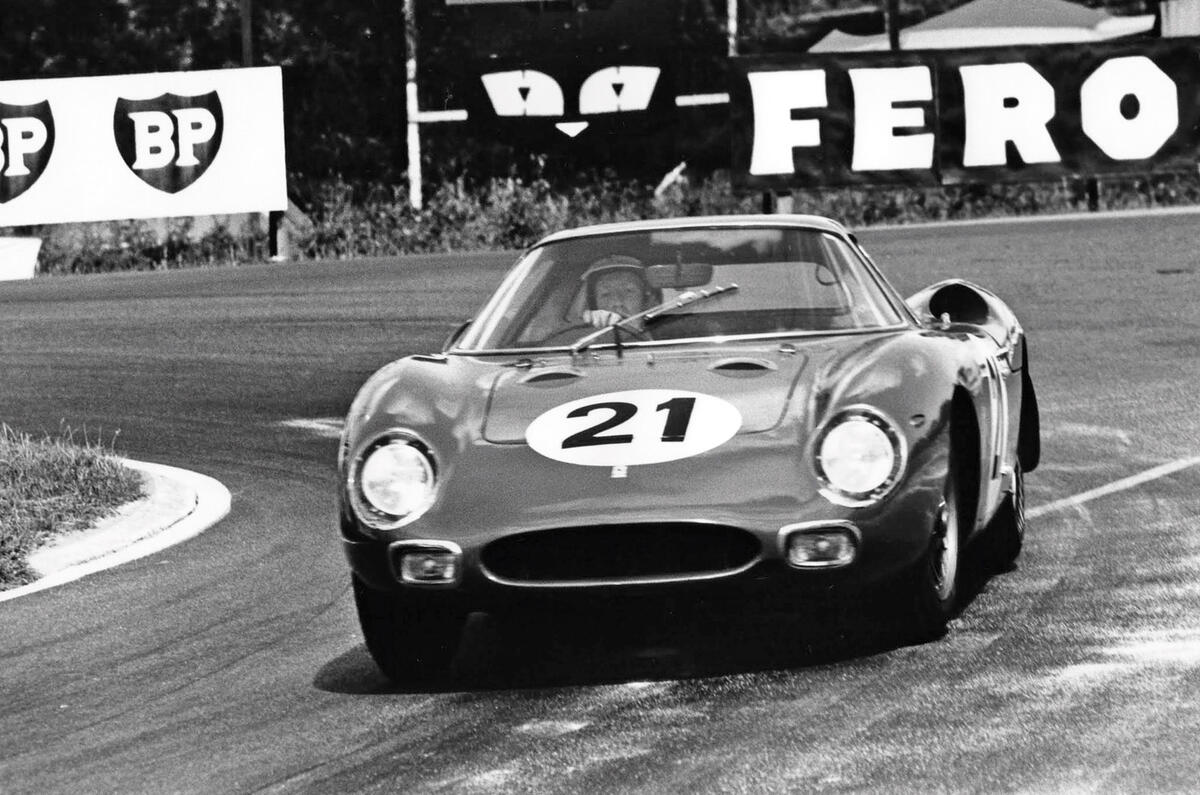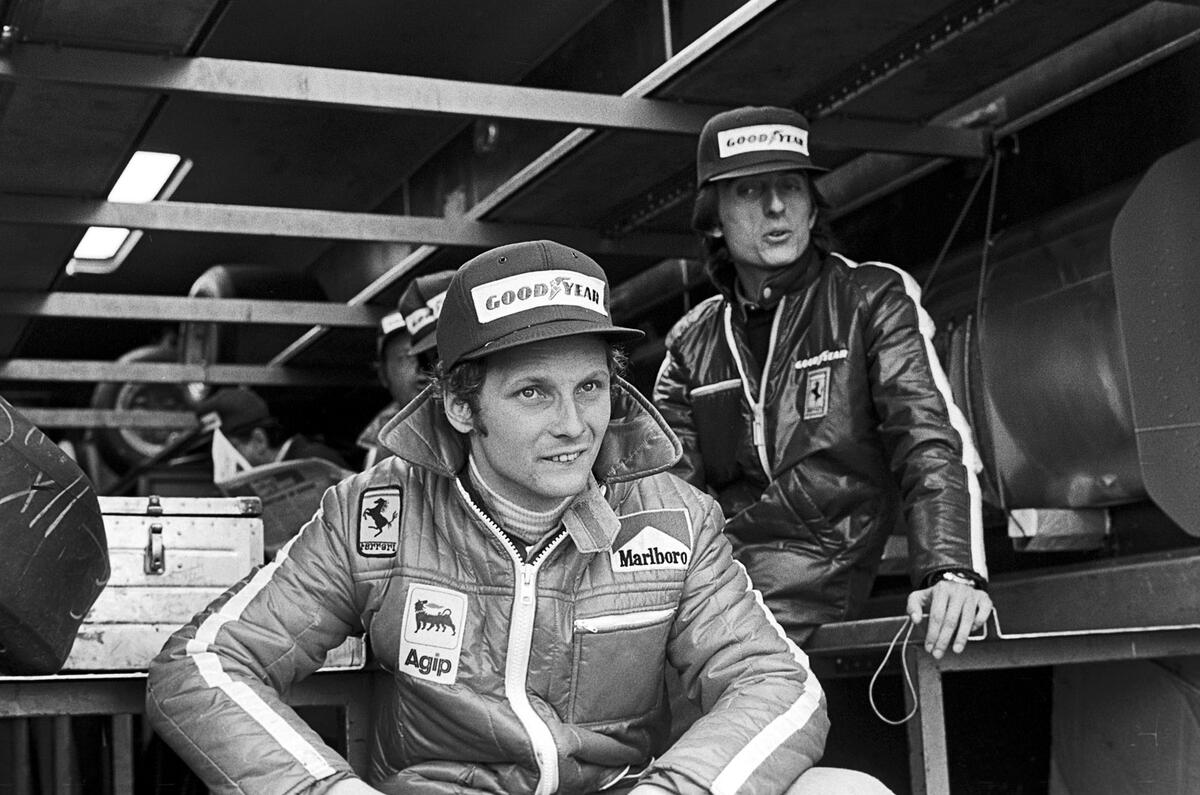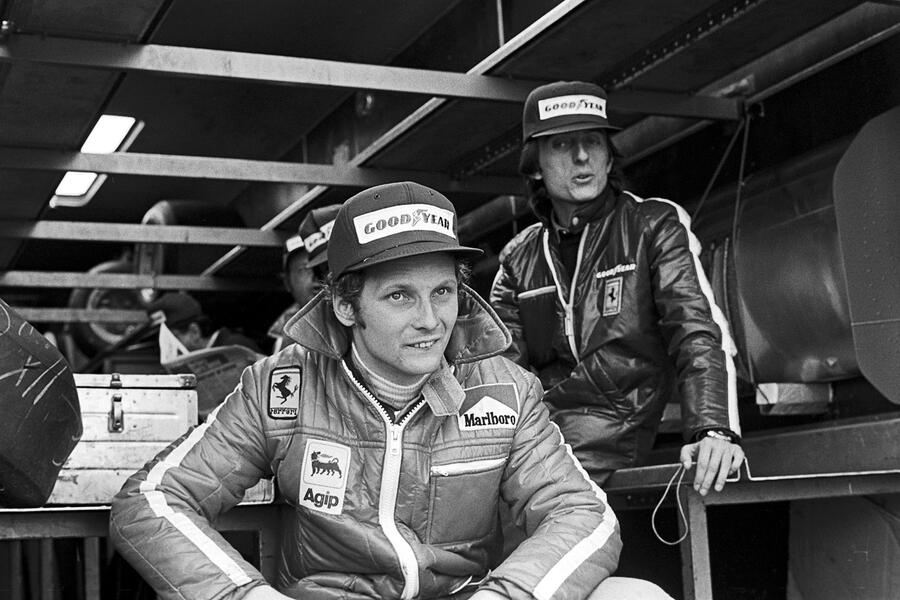Audi, Glickenhaus, Porsche, Peugeot, Toyota – and now the one that matters most of all. The news that Ferrari will return to the Le Mans 24 Hours in 2023 to battle for overall honours with a fully fledged factory assault for the first time since 1973 is cherry-topping confirmation that the new Le Mans Hypercar (LMH) era will revitalise sports car endurance racing in a manner not seen for decades. Perhaps this time the revival might even last, too.
A Ferrari hasn’t won Le Mans overall since 1965, when a little-fancied North American Racing Team Ferrari 250 LM – driven by bespectacled Masten Gregory, aka The Kansas City Flash, and then relatively obscure Jochen Rindt – survived where the works entries and Ford’s armada of GT40s wilted. This victory was Ferrari’s ninth at Le Mans since its first just 16 years earlier – a prodigious win rate that leaves it still lagging behind only Porsche and Audi for overall honours, despite the lack of works interest since the glorious 312PB Group 6 sports racers were beaten by Matra in 1973.
The history, the context of what it means for Le Mans and the World Endurance Championship today and the potent rivalries that we can now look forward to make this return a huge deal. If you’re one of the many thousands of Brits who have made the Le Mans pilgrimage but have fallen out of the habit recently, due to the pathetically depleted LMP1 entry, draw a big red circle around June 2023 in your calendar.
Yes, it’s still two years away, but that just gives you time to plan your trip to what will also be the 100th anniversary of the world’s most famous endurance race. The stars have aligned.
The Formula 1 link
Back in 1973, smooth-talking Luca di Montezemolo was the man responsible for canning Ferrari’s long-held interest in Le Mans, egged on by his buck-toothed new Formula 1 signing, Niki Lauda. They considered, probably fairly, that the sports car effort was a distraction from the priority, which was returning Ferrari to the front of the F1 grid following the team’s disastrous 1973 campaign in which the Prancing Horse had hobbled to just 12 points and sixth in the constructors’ championship. It’s fitting that this announcement should follow a similarly sub-standard F1 season, in which Ferrari also finished sixth – but this time, Le Mans owes F1 a debt of gratitude instead of a grudge for the comeback that it has long desired.












Add your comment